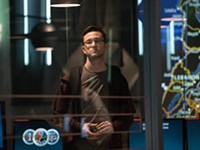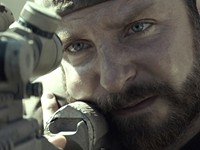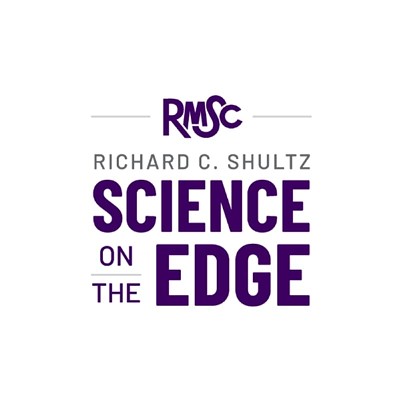[
{
"name": "500x250 Ad",
"insertPoint": "5",
"component": "15667920",
"parentWrapperClass": "",
"requiredCountToDisplay": "1"
}
]
World Trade Center (PG-13), directed by Oliver Stone, is now playing at Culver Ridge 16, Pittsford Cinemas, Henrietta 18, Webster 12, Tinseltown, Greece Ridge 12, and Eastview 13.
The fall of the towers
The release of World Trade Centershould arouse a certain amount of controversy from the usual sources, chiefly the shouters and crybabies of the right wing media. Oliver Stone, one of the perennial whipping boys of that shrill and fearful crowd, directed the movie, which deals with an event that, like the flag and the national anthem, the conservative movement has somehow appropriated as its special property. Since the film confronts a subject that almost all Americans (and millions of other people around the world) witnessed practically as it was happening, it resonates in everyone's memory, therefore almost inevitably inviting a great many varying and conflicting interpretations.
The astonishing destruction of the twin towers of the World Trade Center, the terrible loss of life, the grief, and the subsequent national and international political fallout, as we all know, also inspired a number of foolish and irresponsible policy decisions, including the pre-emptive invasion of a Third World country and the abrogation of rights Americans formerly took for granted as their birthright. Despite all the historical burdens, the contemporary cultural context, and the usual whining from the usual suspects, however, the movie in reality avoids almost any political statement and takes no sides. It concentrates entirely on the one of the true stories of that incomparable tragedy.
Through the experiences of two members of the Port Authority Police Department, John McLoughlin (Nicolas Cage) and Will Jimeno (Michael Pena), Stone attempts to show at least some of the horror, the human cost, and the heroism of the events of September 11, 2001. The director begins by showing the ordinary routine of the two officers, intercutting their particular daily journeys to Manhattan with countless other workers boarding subways, commuter trains, buses, and ferries, crossing the many bridges, crowding the busy streets of the great city, indeed the capital of the world. The montage of that movement and the numerous shots of the skyline from many different angles establish a complex sense of normality and apprehension, the knowledge of what we all know is about to interrupt the normal course of history forever.
The director also shows the shock and chaos that follow the first explosion, the confusion of both the responders --- police, firefighters, emergency medical personnel --- and the media reporting the event. When McLoughlin and his team enter the buildings they still don't realize the cause and extent of the plane crash and cannot anticipate the collapse of the two huge towers, which kills most of his fellow officers and traps him and Jimeno beneath a mountain of rubble.
Most of the rest of the movie deals with the precarious situation of the two men, immobilized, seriously injured, clinging desperately to life. In their pain they encourage each other, voice their regrets, talk about their wives and children. The director interrupts the static predicament with their memories, parallel scenes of their families' anguish (including those wives whom the odious Ann Coulter cruelly maligned), shots of the city and the world beyond the catastrophe at Ground Zero, and finally, the work of a couple of heroic Marines who find them.
Perhaps disappointing both supporters and detractors of Stone's work, the movie takes no sides, mostly ignores the politicians --- except for one truly nauseating television appearance by the alleged President --- and avoids the subject of the terrorists entirely. In confining himself to the suffering and the rescue, he also severely limits most of the possibilities in the subject, turning World Trade Center into a repetitive, surprisingly safe, stolid, and essentially unimaginative film.
While the picture's look and sound attain a convincing authenticity, capturing the procedures of the various responders who are somehow also in tune with the rush and bustle of New York City and its denizens, it rarely ventures beyond the predictable and sentimental in its exploration of the tragedy itself. Whatever their origin, the people generally speak and behave in the stereotypical and sentimental manner that the politicians and the media confer upon them --- almost nothing violates the tired strictures of pious popular art. Given little to do beyond suffer, sob, and occasionally scream, Nicolas Cage and Michael Pena extract as much emotion as possible from their characters, who grow increasingly and depressingly diminished as this ultimately disappointing movie wears on and on and on.
Speaking of World Trade Center, Oliver Stone
-

Film review: "Snowden"
Sep 19, 2016 - More »
Latest in Movie Reviews
More by George Grella
-

Film Review: "Cake"
Jan 26, 2015 -

Film Review: "American Sniper"
Jan 19, 2015 -

Film Review: "Inherent Vice"
Jan 12, 2015 - More »






